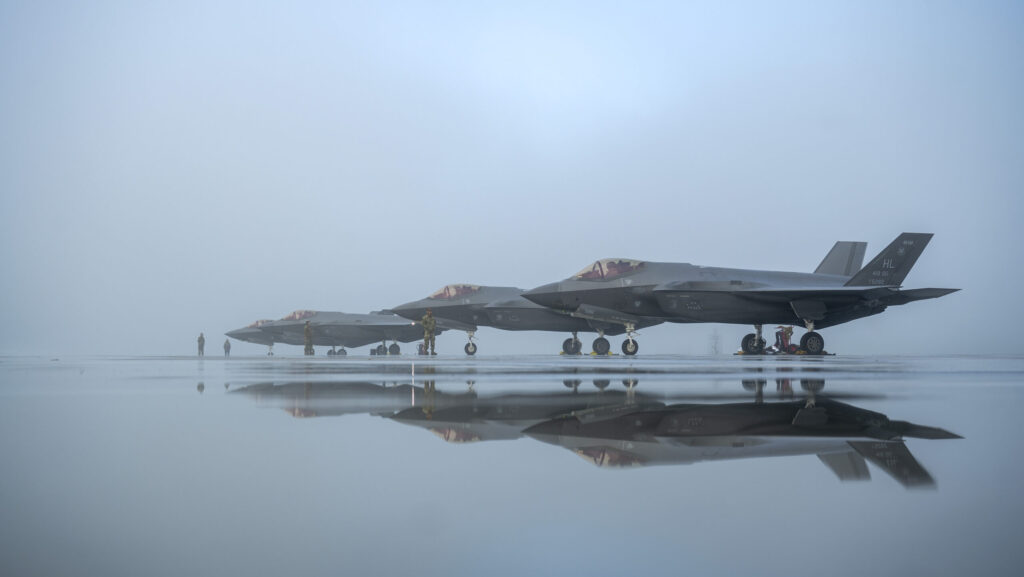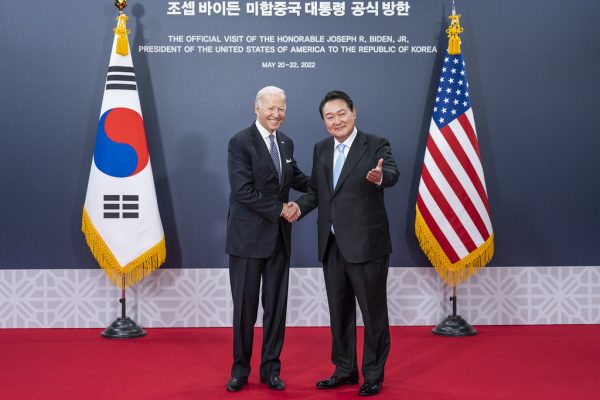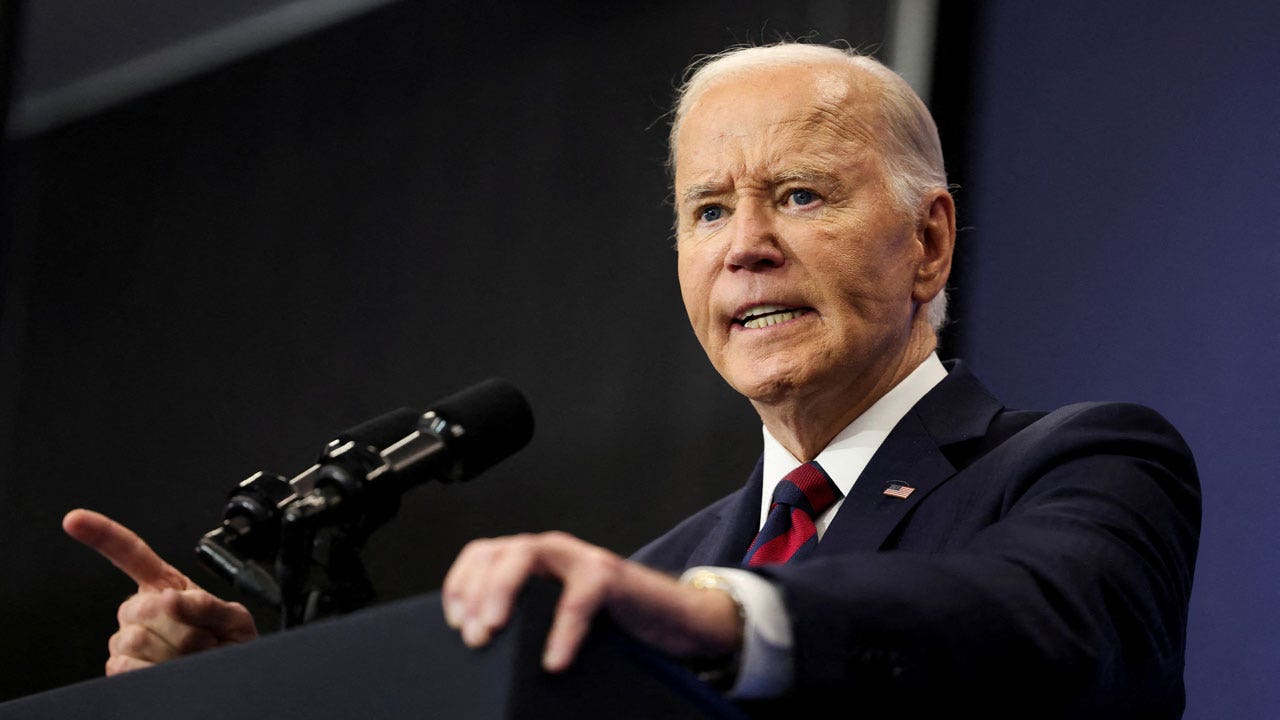By R. Anil Kumar
-
Global governance in its present form entrenching divisions and fuelling discontent-UN Secretary-General
-
If countries fulfilled their obligations under the UN Charter, every person on Earth would live in peace and dignity-António Guterres
-
The international community should work for just solutions based on justice-the UN Chief
UNITED NATIONS. Global governance in its present form is entrenching divisions and fuelling discontent, UN Secretary-General António Guterres told world leaders attending the Munich Security Conference in Germany.
“Our world is facing existential challenges, but the global community is more fragmented and divided than at any time during the past 75 years,” he said, highlighting the need for “a global order that works for everyone”.
Mr. Guterres said if countries fulfilled their obligations under the UN Charter, every person on Earth would live in peace and dignity.
However, governments are ignoring these commitments, and millions of civilians are paying a terrible price, with record numbers forced to flee.
Addressing the conflict in Gaza, he said nothing can justify the unconscionable attacks launched on 7 October, and nothing can justify the collective punishment of the Palestinian people in Israel’s military response.
“The situation in Gaza is an appalling indictment of the deadlock in global relations,” he said. “The level of death and destruction is shocking in itself. The war is also spilling over borders across the region and affecting global trade.”
With the humanitarian response “now on life support”, he warned that an all-out offensive on the city of Rafah – the core of the humanitarian aid operation in Gaza and where nearly half the population is now sheltering – would be devastating for civilians already on the edge of survival.
“I have repeatedly called for the immediate and unconditional release of all hostages and a humanitarian ceasefire. That is the only way to massively scale up aid delivery in Gaza,” he said.
Furthermore, the war triggered by the Russian invasion of Ukraine two years ago “in clear violation of the UN Charter” has no place in the 21st century Europe.
The suffering and loss of lives has been appalling, while the impact on the global economy has been devastating, particularly for developing countries.
“We desperately need a just and sustainable peace for Ukraine, for Russia and for the world, a peace in line with the UN Charter and international law, which establishes the obligation to respect the territorial integrity of sovereign States,” he said.
But, beyond these and other immediate crises, the international community must strengthen the global peace and security architecture to address threats and challenges that were inconceivable when the UN Charter was drafted, such as the climate crisis, artificial intelligence or cyberweapons.
New Agenda for Peace
Mr. Guterres pointed to his New Agenda for Peace, launched last July, which aims to update global collective security systems through what he has called “a more networked and inclusive multilateralism”.
Recommendations include reforming the UN Security Council, recommitting to eliminate nuclear weapons and giving greater emphasis to the role of sustainable development and climate action in preventing conflict.
The New Agenda for Peace will be discussed at the Summit of the Future, to be held in September at UN Headquarters in New York.
Mr. Guterres said there needed to be a “Bretton Woods moment to reform the global financial architecture”, referring to the creation of the existing global finance institutions in the 1940s.
This would help “create a true global safety net, in particular for developing countries drowning in debt”.
The Summit of the Future, he continued, will consider the need for deep reforms to make these institutions and frameworks truly universal and inclusive.
The UN chief said the international community should work for just solutions based on justice.
“There is always an opportunity to create a more inclusive, comprehensive and effective global order that works for everyone.”
On the eve of the conference, Mr. Guterres visited the Ohel Jakob Synagogue at the invitation of the World Jewish Congress, together with Charlotte Knobloch, president of the Jewish Community of Munich and Upper Bavaria and former vice-president of the World Jewish Congress.
Ms. Knobloch and the Secretary-General took the “Walk of Remembrance”, which holds the names of more than 4,500 Munich Jews who were murdered during the Nazi era.
During the visit to the synagogue, Mr. Guterres said that he considers the fight against antisemitism to be a “moral obligation” for every human being.
People in Israel have the right to live in safety, he said. This should not be questioned, even if one disagrees with the policies of the Israeli Government.





















Discussion about this post